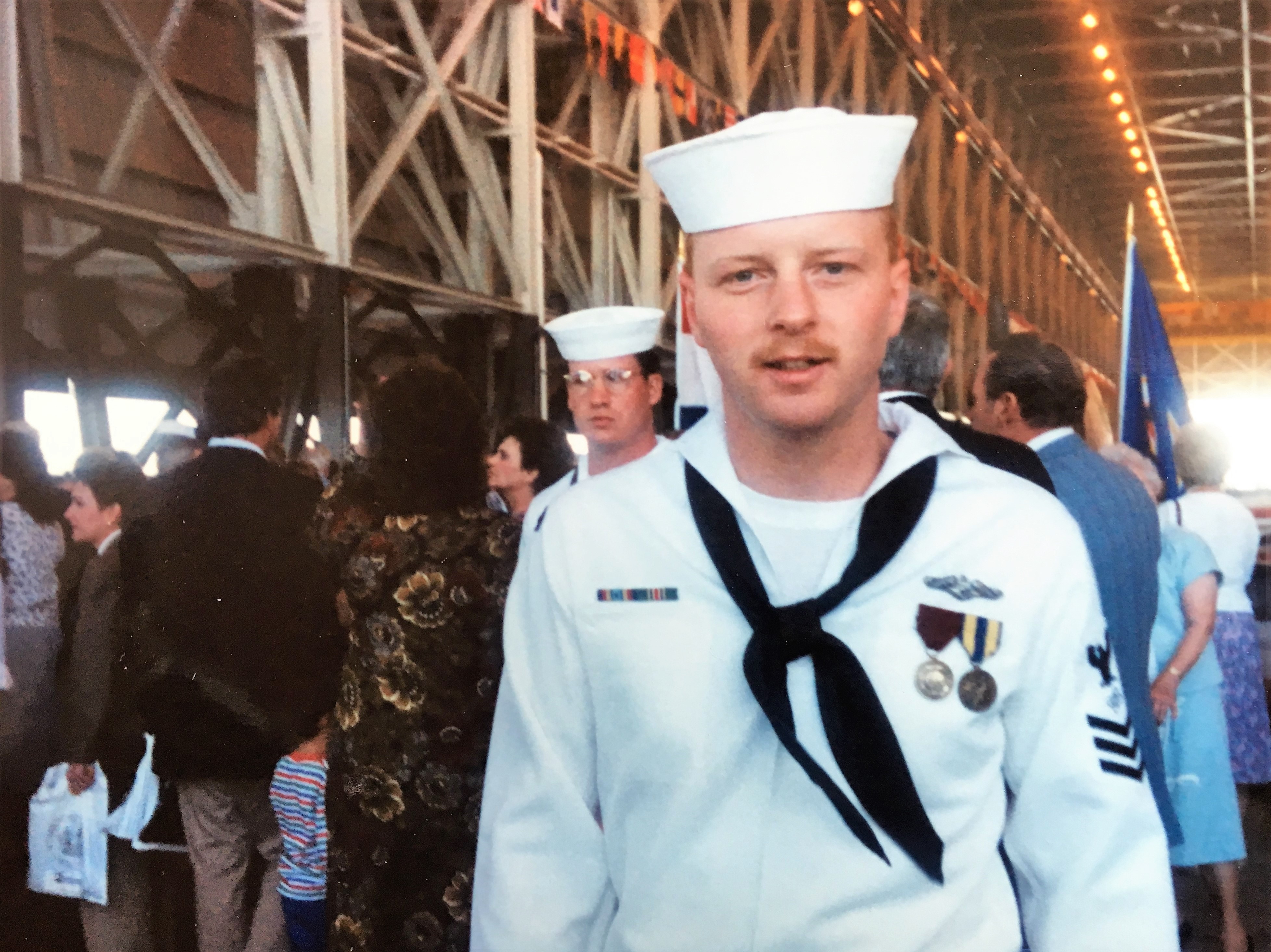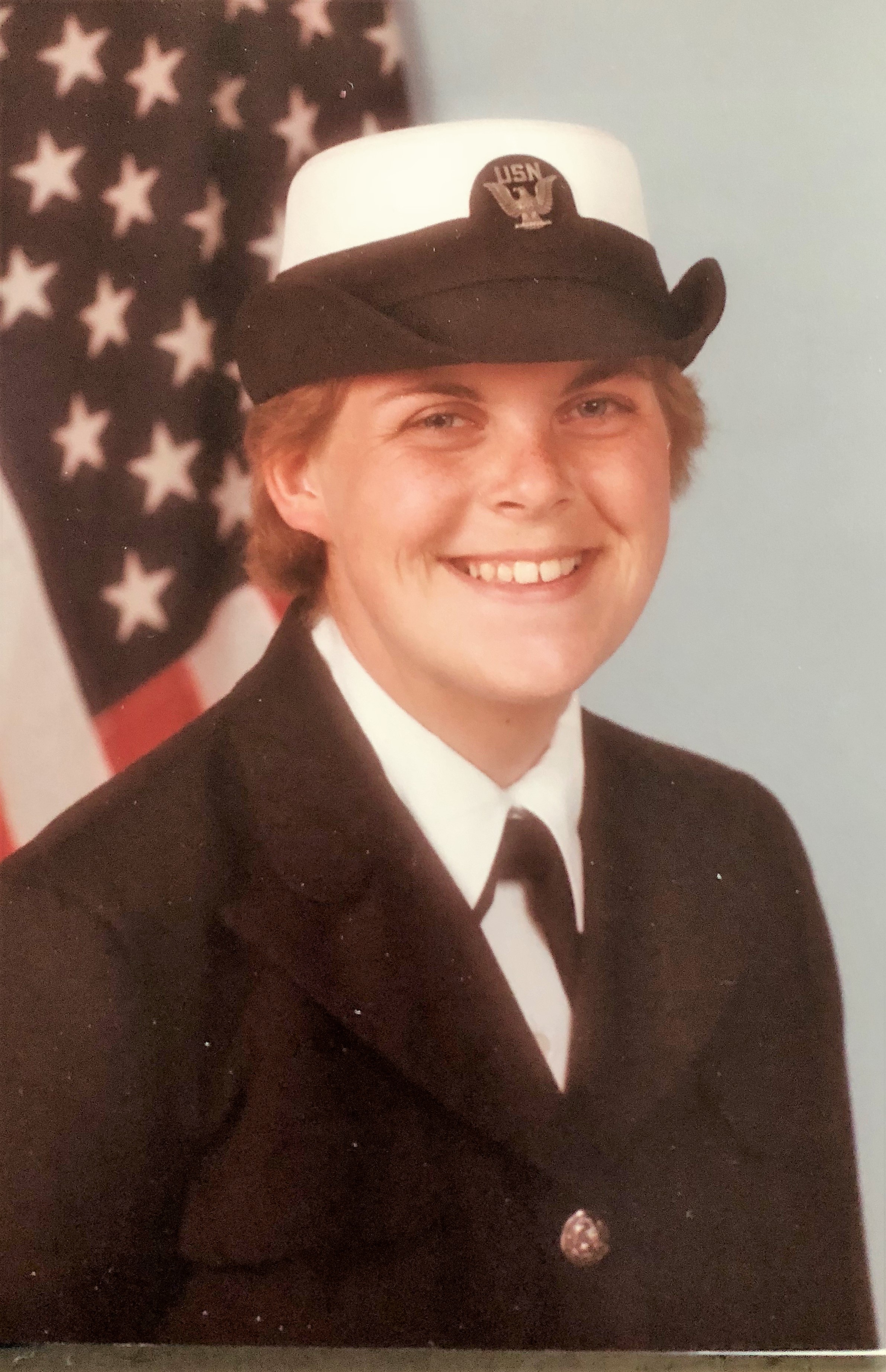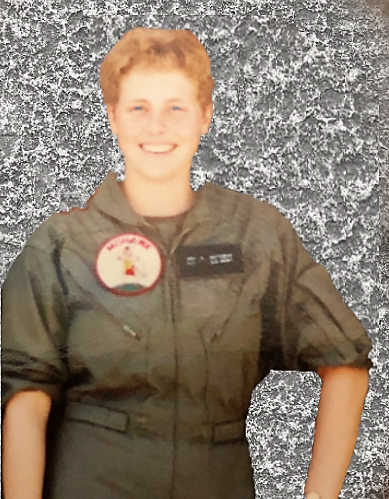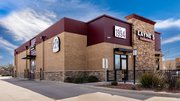Article
US Veterans at Subway relay the gifts the Armed Forces give business
As we approach U.S. Veterans Day Sunday -- along with the federal holiday on Monday --one chain that has found great success putting those who have served in key operational roles, Subway, shares some of the wisdom of its many veterans now serving as franchisees and employees across the brand.

November 9, 2018 by S.A. Whitehead — Food Editor, Net World Media Group
While the images called to mind every Veterans Day typically revolve around uniformed soldiers who are in or near battle situations, it's important to remember that the nation's veterans are well represented across every business category, including QSR.
In fact, turns out the "military way" just happens to also be a great way to learn the rigors and rough-and-tumble of QSR management, according to leadership at sandwich chain, Subway. The brand employs tons of veterans from all branches of the Armed Forces and every imaginable military job.
"One thing that always amazed me was how the U.S. Navy could take an 18-year-old boy out of high school and — in two years — turn them (into a) confident nuclear reactor operator." -Loren Goodridge
For instance, one Subway franchisee and development agent spent years in a sub, silently swimming beneath the polar ice caps, while another Subway director of operations served as a U.S. Army intelligence officer learning invaluable lessons about 'reading' a situation or individual, which turns out to be pretty darn helpful in managing a restaurant team.
Recently, the brand gave QSRweb access to four of these outstanding military standouts-turned-business leaders to ask them about how their military experience has contributed to their QSR careers. Their answers show the amazingly beneficial "ripple" effects service veterans bring to the nation's businesses.
Loren Goodridge: Training? It's all in the 'TSDE'
Franchisee and Development Agent Loren Goodridge in Bowdoin, Maine served in the U.S. Navy's Nuclear Power Program from 1984 to 1992. During part of that time, he spent some significant time in a submarine under the polar ice cap following Russia submarines.
 |
| Loren Goodridge Photo: Provided |
Now, he owns 20 Subway restaurants and serves as a development agent overseeing the state of Maine. But he clearly still has a heart for those who've served, like himself, and has also created a program to raise funds for needed funds for soldiers returning from conflicts to help them get immediate medical care as they wait for the often-lengthy administrative paperwork to wind its way through to Veterans Affairs hospitals.
In his role with Subway, he brings what he believes is an infallible approach to training, he learned aboard that sub.
"After completing two years of nuclear power training as a reactor (operator) ... I went to my first Submarine, the USS Ray, SSN 653. There I continued training to become a qualified reactor operator. I served in this capacity for six years. One thing that always amazed me was how the U.S. Navy could take an 18-year-old boy out of high school and — in two years — turn them (into a) confident nuclear reactor operator.
"One of the most important skills that I was able to take from that great experience to the business world was how to properly train staff. It is really very simple. It's called TSDE — a surefire way to make your training program more effective is to follow these four simple steps: Tell, Show, Do, Evaluate.
"Each step is critical. You tell them how to do it in detail. You demonstrate how to do the task. You have them do the task. Then, you evaluate how they did it. You should have a training standard of 100 percent accuracy. If you can do these four steps and maintain a 100 percent, you will have a great training program."
Cat Bash: A career built on the power of preparedness
 |
| Cat Bash Photo: Provided |
Marion, Ohio resident, Cat Bash works as a Subway field consultant with the local D.A. office for the chain. She served in the U.S. Navy for four years at the Little Creek Naval Amphibious Base in Virginia and the Naval Submarine Base in Groton, Connecticut. In Little Creek she was part of the deep-sea dive command, but also spent two weeks as a member of the All Navy Softball team, which made it to the All Services Tournament in San Diego, where they lost to the Marines. Despite that defeat, she learned through her time in the service that the overall best route to any project's success begins, and even sometimes ends, with great preparation.
"In the military, preparedness is crucial. As a Subway field consultant, it is important to be prepared on a daily basis to make sure that every visit brings value to our franchise partners.
"In the military, you have to be able to buy in to the concept of commitment to process. Part of this ... includes the ideals of teamwork, relationship-building and communication. As a field consultant with Subway, I have the ability to influence franchise partners to implement these ideals, which in turn drives the guest experience.
"While in the Navy I was trained to drive watercraft called LMTs, which were 75-foot-long landing craft that would transport marines,military (and/or) equipment to land on the beach. It was important that I had a structured plan each and every time that I stepped on the boat. This would include making sure my engineer, who handle the engines, had the engines ready to go (as well as) my crew ... (and) the ... individuals/equipment we were transporting.
"In addition, there was always that possibility of adversity. Whenever you go out on the water, you have to be prepared for conditions ... plans to change (or) equipment malfunction. You must know prior to heading out on the water what to do and which direction to go if adversity comes up. This is just one example. But more than anything, being prepared in the military has helped me to lead a very structured life, both personally and professionally."
Amy Ambrosini: The value in the invisible
"You have to learn to read the situation, the environment (and) the language not being spoken (to) extract the best possibilities out of all of that. My training taught me how to think and see what was not always visible and available." -Amy Ambrosini
Fresno, California resident, Amy Ambrosini, now serves as a director of operations for a Subway development agent office. But before that she served in the U.S. Army for five years in the demilitarized zone in Korea, as well as at Fort Bragg in North Carolina and Fort Huachuca in Arizona and at one point also deployed to Kosovo and Bosnia, where she reports having a tense face-to-face encounter with then-President Slobodan Milošević.
 |
| Amy Ambrosini Photo: Provided |
Ambrosini signed on with Subway about 11 years ago, bringing her experience and business degree to the brand. She has now taken on the role of director of operations for the development agent's territory and said her skills developed in the military, learning to see critical "invisible" signs inherent in any situation or person, still serve her well today at Subway.
"My job in the military was intelligence. I was responsible for getting information from people and other sources and analyzing it properly in order for the success of the mission. You have to learn to read the situation, the environment (and) the language not being spoken (to) extract the best possibilities out of all of that. My training taught me how to think and see what was not always visible and available.
In "business, (with) so many moving parts and so many people interacting with other people on a daily basis, I have to know my people and the environment they are going into in order to make them successful and allow them to have success with those they are communicating with. I credit my military training and ability to 'read' the person and environment to find not only the underlying problem, but also the solution that works for each person."
John Dell: Taking the army's approach to business focus
Louisville, Tennessee resident, Subway franchisee and development agent, John Dell, served in the U.S. Army from 1979 to 2003 in roles including quartermaster, combat engineers and in the special forces. As a civilian, Dell has worked in sales and marketing for companies like Coca-Cola and Eastman Kodak before joining Subway 11 years ago as a franchisee and then, development agent. He now co-owns 102 restaurants in Tennessee and Kentucky that collectively provide more than 1,000 local jobs. In fact, Dell actually piloted the first restaurant with the new Subway Fresh Forward design in Knoxville, Tennessee and credits the army's so-called "three up and three down" approach to management for much of his business success.
"I would say that one of the skills ... I have taken away from my time in the military deal(s) mostly with management and focus. This has generally taken the form of the management technique known as 'three up and three down' ... a method to be used in virtually any ... or mission activity by focusing on the most important aspects of our goals/objectives and what need(s) to be done to accomplish them."
With this, "whomever the responsible manager/presenter/commander or staff officer is, (must) focus their discussion on not only the highest priorities that were going well, (but also) ... the three elements that were at the greatest risk of not being accomplished, then addressing how these (elements) were being dealt with.
"Without this approach, meetings/briefings would often wander into less productive topics, while ignoring the topics/activities that really needed to be focused on. This approach has proved invaluable in my business career over the years and will continue to do so."
Feature photo: iStock
Inset photos: Provided
About S.A. Whitehead
Pizza Marketplace and QSRweb editor Shelly Whitehead is a former newspaper and TV reporter with an affinity for telling stories about the people and innovative thinking behind great brands.









